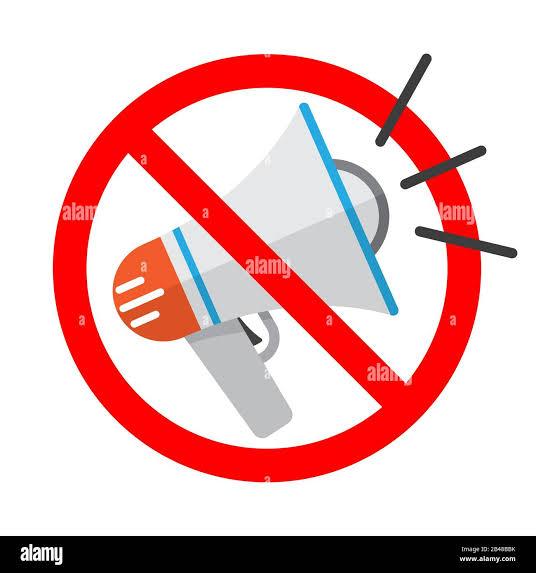What is Noise Pollution?
Noise pollution refers to the presence of excessive or disturbing sounds in the environment that can harm human health, animal life, or the overall quality of life. Unlike other types of pollution, noise does not leave visible traces, but its impact can be just as serious.
Effects of Noise Pollution
Prolonged exposure to noise pollution can lead to hearing loss, high blood pressure, anxiety, and disrupted communication. It can also disturb wildlife, affecting their natural behavior and breeding patterns.
Causes of Noise Pollution
Noise pollution is caused by various human activities. The most common sources include road traffic, such as cars, buses, and honking horns. Construction sites and factories also produce loud sounds from heavy machinery. In cities, loudspeakers, public events, and crowded places add to the noise. At home, appliances like mixers and televisions can contribute. Poor urban planning and population growth make the problem worse. All these factors together create a noisy environment that affects both people and nature.
How to Avoid Noise Pollution
Noise pollution can be reduced by avoiding loud music, unnecessary honking, and using noisy appliances during quiet hours. Using earphones instead of loudspeakers and keeping vehicles well-maintained also helps. Following noise rules in public and spreading awareness are important. Planting trees and using soundproof materials offer long-term solutions. Being mindful of noise levels helps create a peaceful and healthy environment.
So let's avoid noise pollution and make our earth a safer place.

